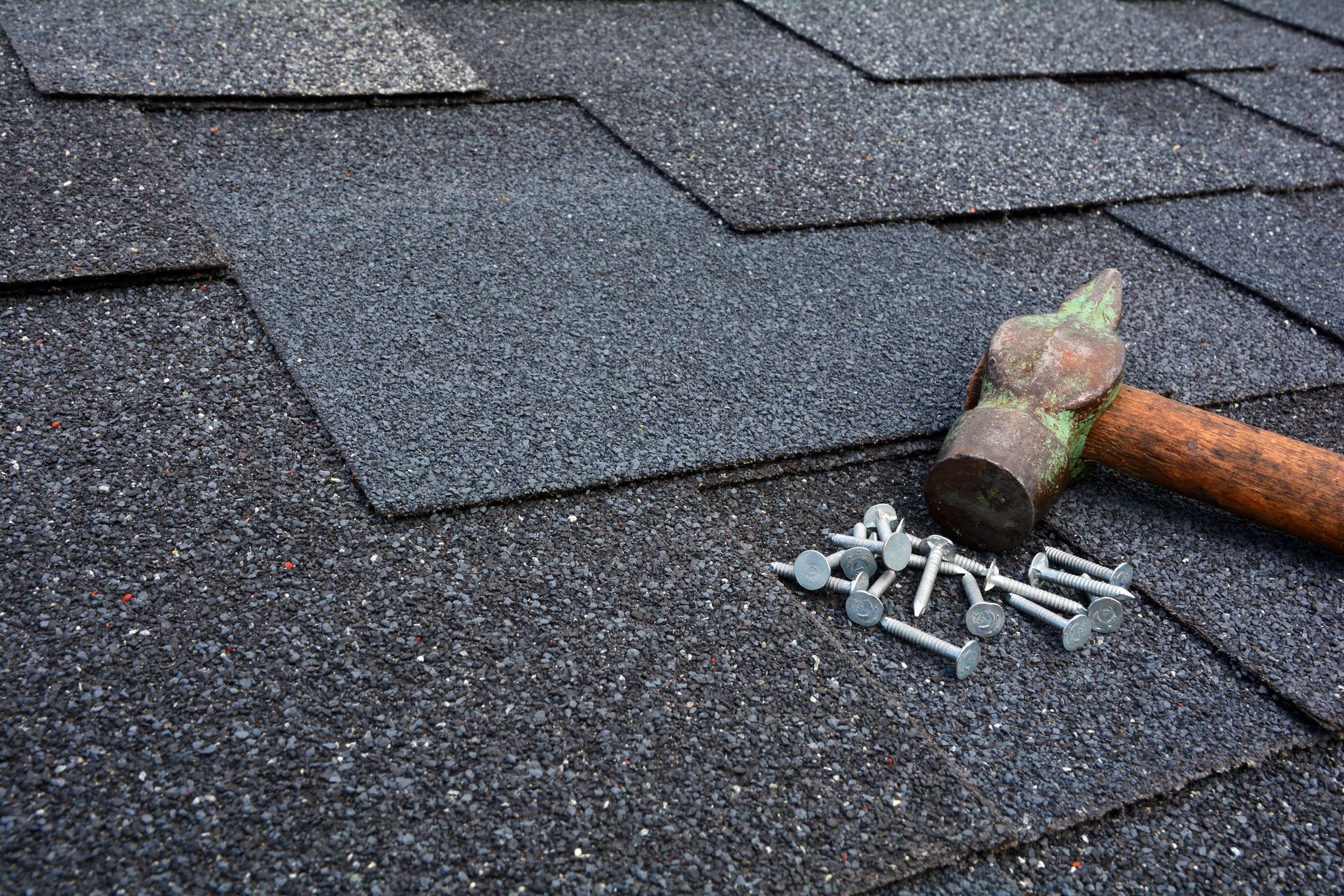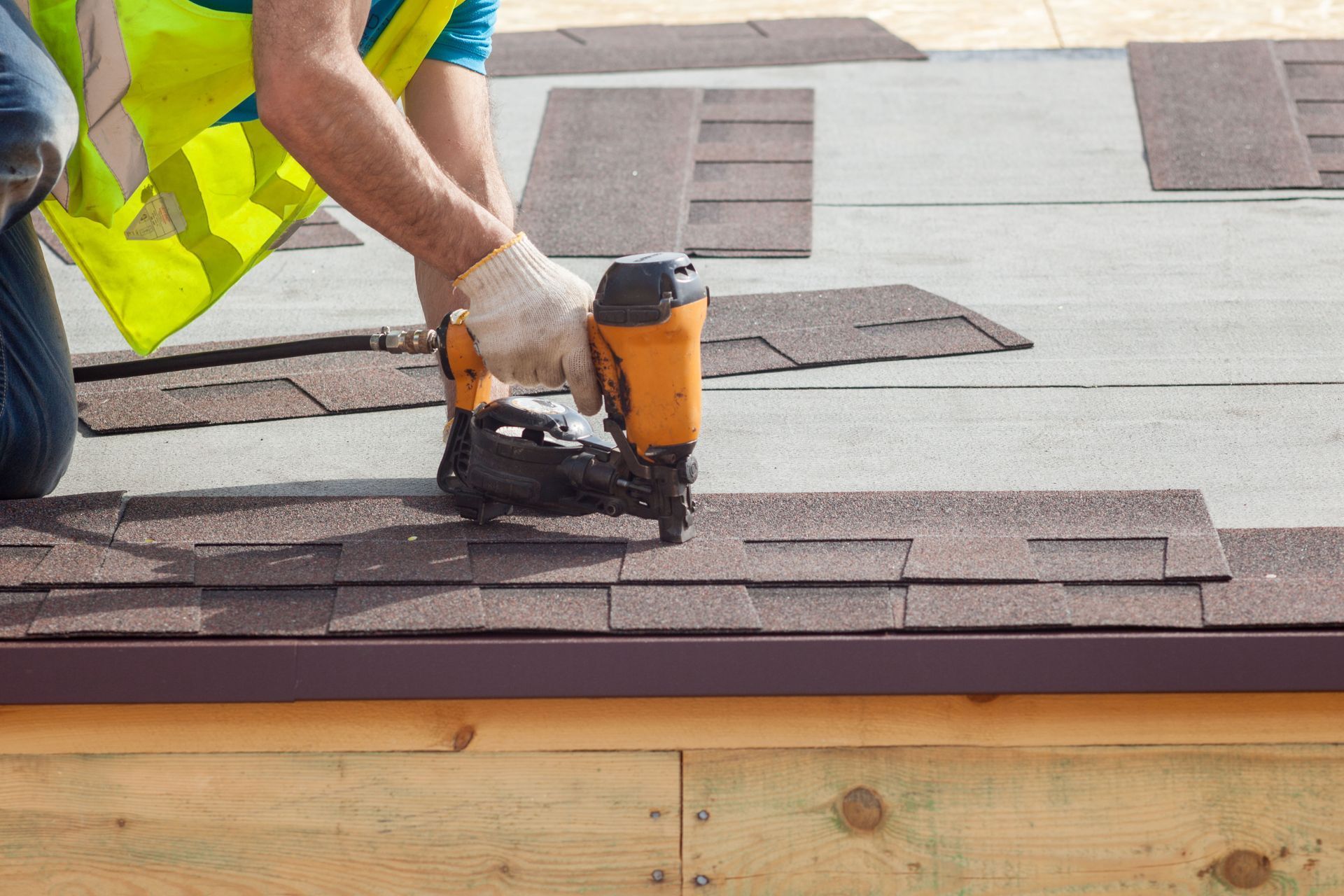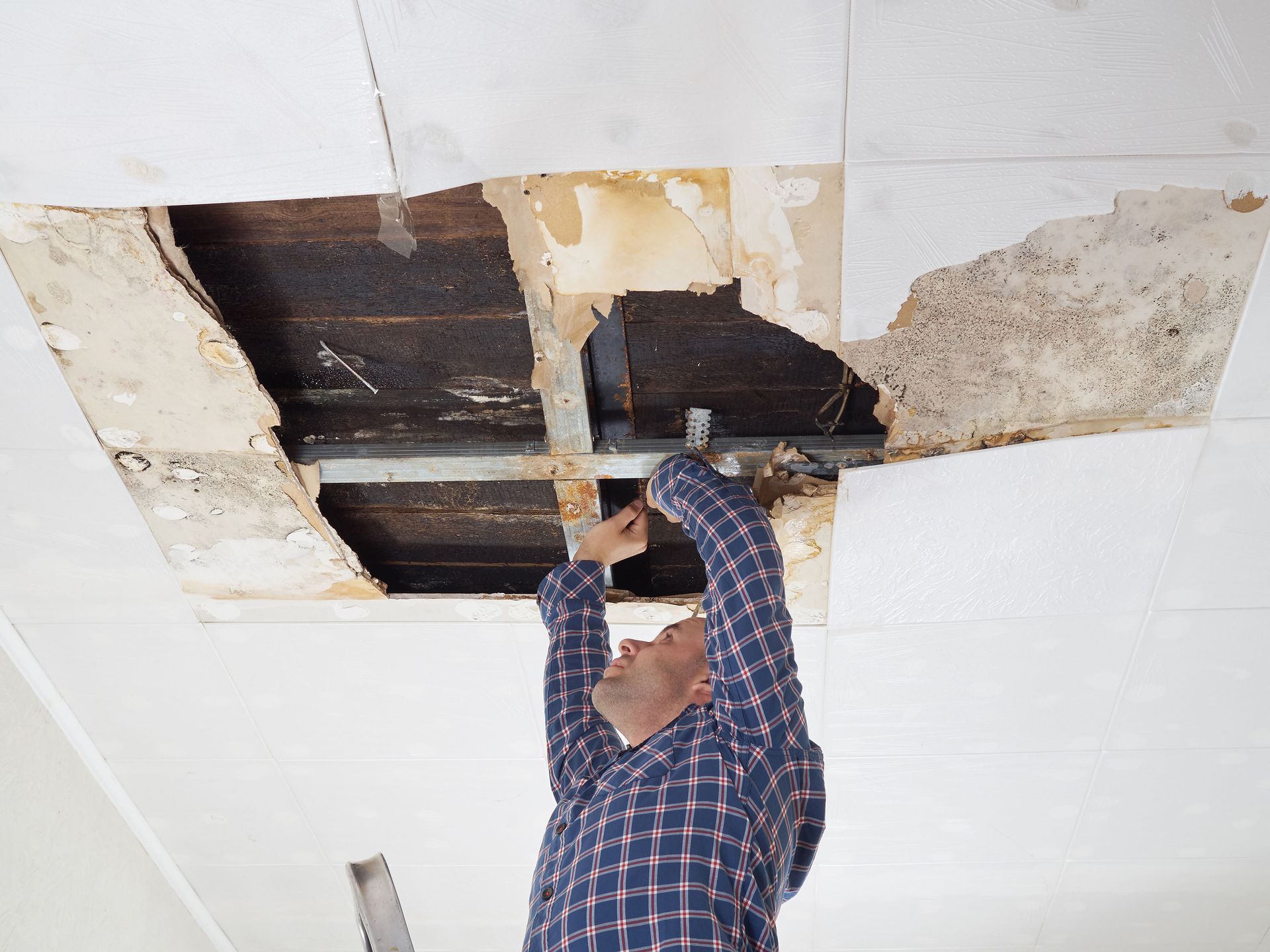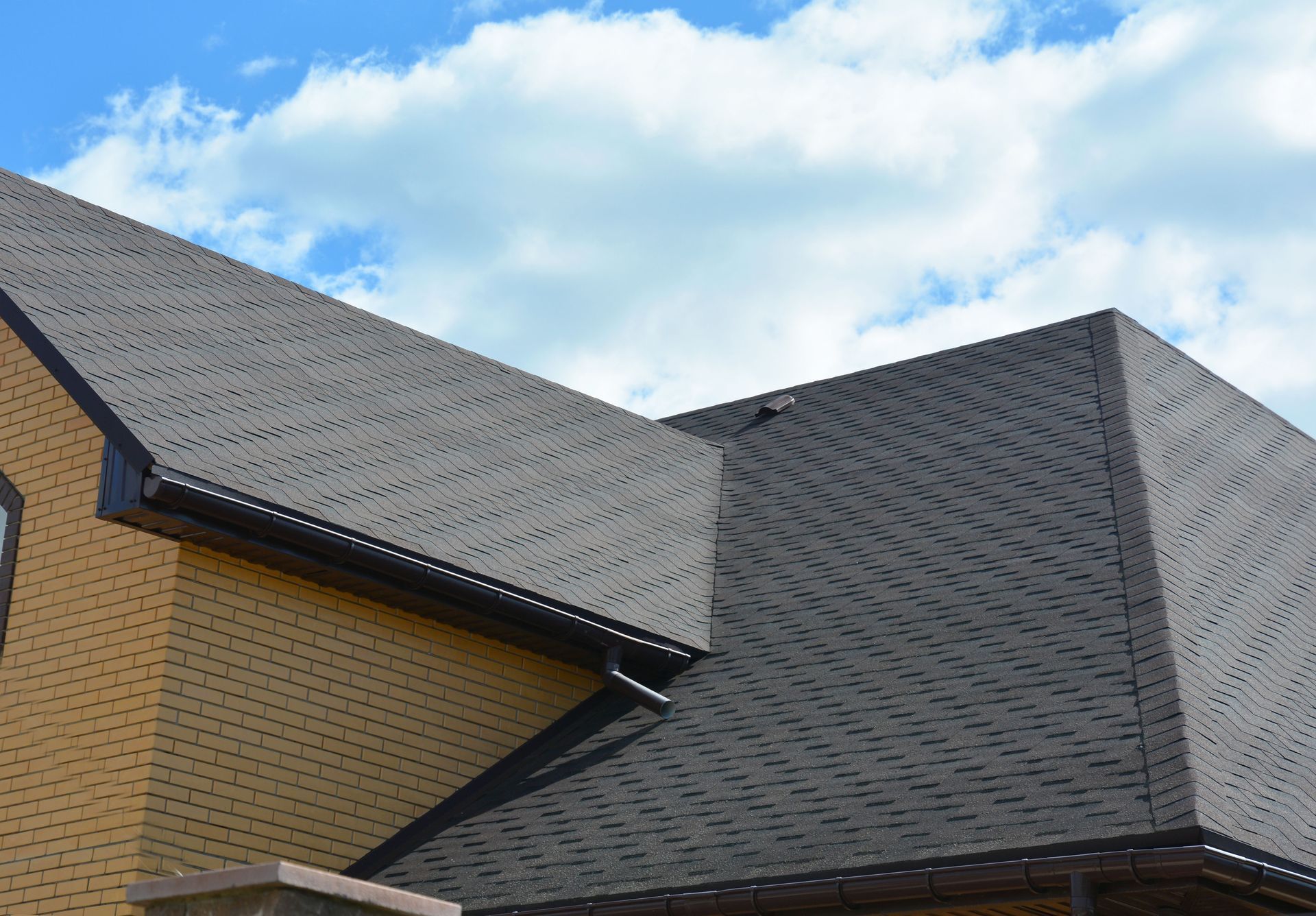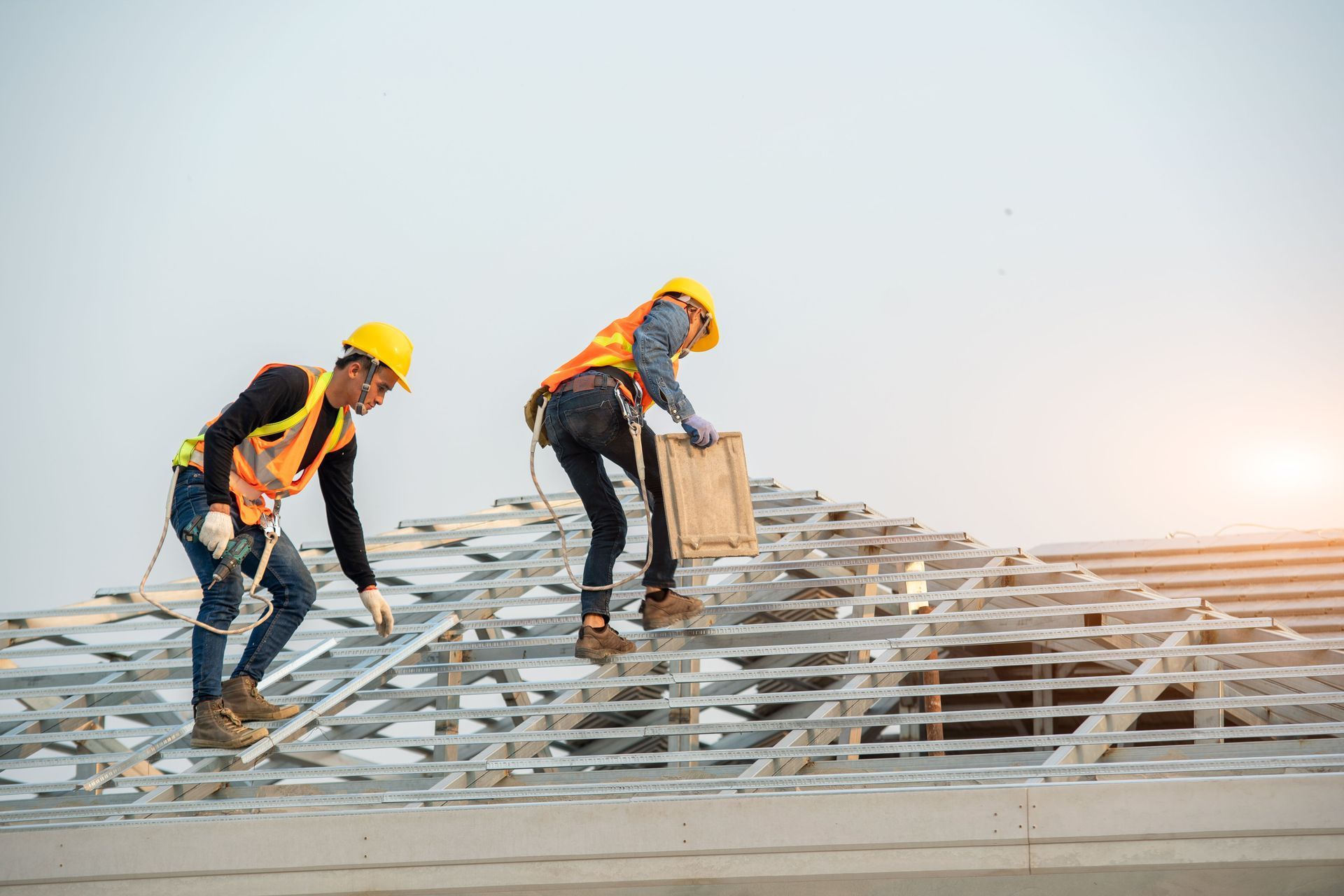5 Important Questions to Ask Your Local Roofing Contractor
Hiring a local roofing contractor is a significant decision that impacts the safety, value, and appearance of your home. As a homeowner, the integrity of your roof is crucial, and ensuring you select a reliable contractor is paramount. Asking the right questions will help you ensure the contractor's expertise, reliability, and suitability for your specific roofing needs. Through diligent inquiry, you can assess their professional credentials and past performance, leading to a successful roofing project. Let's look at a few essential questions that will aid you in selecting the ideal roofing contractor.
1. What Are Your Credentials and Experience?
Before hiring a local roofing contractor, confirm their certifications. Certification from recognized bodies indicates professionalism and adherence to industry standards. Always verify these credentials to protect yourself from unqualified individuals. Certified professionals tend to deliver higher-quality work than those working without proper authorization.
An experienced local roofing contractor will likely have faced various challenges and learned to handle them effectively over the years. Inquiring about the contractor’s longevity in the industry provides insight into their stability and reputation. A contractor with substantial years of service is often more reliable and capable. Extensive experience, particularly with your roof type, is critical for successful project completion. They will be more adept at understanding your unique roofing needs and delivering satisfactory results.
Requesting references and a portfolio helps you evaluate the contractor’s past projects. Speaking directly with former clients provides feedback on their satisfaction and the contractor’s reliability. A diverse portfolio showcases their ability to manage different roof designs and complexities. Inspecting previous work samples helps you gauge their quality and style. Positive references and a robust portfolio often signal a trustworthy professional.
2. What Is Your Assessment and Inspection Process?
An initial inspection is a critical starting point for any roofing project. Discuss with the contractor how they will conduct this evaluation to identify the scope of work. A comprehensive inspection involves examining both the interior and exterior of your roof. This process helps detect any visible and hidden damages requiring attention. Hiring a professional who conducts thorough inspections ensures effective project planning.
A skilled local roofing contractor will know how to detect issues beyond surface-level appearances. Ask them about their methods for identifying underlying problems, such as water damage or structural weaknesses. Detecting these problems early can prevent costly repairs down the line. A proactive approach in identifying potential issues safeguards your investment.
Accurate cost estimation is essential for budgeting your roofing project. Engage with the contractor to understand their approach to providing comprehensive estimates. A detailed breakdown helps you see how funds will be allocated towards labor, materials, and unforeseen contingencies. Transparency in estimates fosters trust and prevents financial misunderstandings. A contractor who is confident in their pricing is more likely to deliver consistent quality.
When planning a roofing project, time efficiency is crucial to avoid prolonged disruptions. Discuss the timeline for completing the inspection and receiving feedback. A prompt inspection followed by a rapid report indicates a contractor's organizational skills and commitment. Such diligence ensures that your project will commence promptly once agreements are finalized. A contractor who values timely communication is often more dependable in their delivery.
3. What Is Your Project Timeline
A successful roofing project heavily depends on meticulous scheduling. Request a detailed timeline from your contractor outlining significant milestones. Understanding the project's phases helps you anticipate the duration and prepare accordingly. A comprehensive schedule includes key deliverables, material delivery times, and crew activities. Well-structured planning mitigates disruptions, ensuring the project advances smoothly.
Unexpected delays are common in construction projects due to factors like weather or supply chain issues. Discuss the contractor's strategies for managing such delays. Reliable contractors will have contingency plans to adjust workflows and reduce time lags. Understanding their approach to handling setbacks demonstrates their preparedness and commitment. Moreover, their adaptability to unforeseen challenges is indicative of their professional competency.
The efficiency and effectiveness of a roofing project often hinge on the crew's capabilities. Inquire about the size of the team and their roles in completing your roofing work. A well-managed crew with clear responsibilities often operates more smoothly and efficiently. It is also essential to know the project manager overseeing daily site activities. Reliable on-site management ensures compliance with timelines and overall project success.
Communication is vital throughout any construction project to keep you informed of its progress. Ask the contractor how they plan to provide updates, whether through regular reports or meetings. Staying informed allows you to anticipate changes and address concerns promptly. A local roofing contractor with a clear communication plan demonstrates consideration for client transparency. Effective communication lowers the risk of misunderstandings and enhances cooperation.
Every project harbors potential for unforeseen complications, and roofing is no exception. Discuss the contractor's contingency plans to address issues swiftly and efficiently. This preparation can include backup equipment, additional crew support, or alternative solutions. By asking this, you can comprehend how resilient the contractor is against unexpected challenges. Planning for contingencies demonstrates their proactive management, ensuring consistent project delivery.
4. What Are Your Roofing Materials and Options?
The type of materials used influences the durability and aesthetics of your roof. Ask the contractor about their recommendations based on your location's climate and house specifications. According to Roofer’s Guild, 75% of North American homes have asphalt shingle roofs, but you may be interested in something different. A knowledgeable contractor will offer insights into various options such as asphalt, metal, or tile roofing. Understanding these options lets you make informed decisions to enhance your home's protection and curb appeal. Contractors experienced with diverse materials often provide tailored solutions for longevity and efficiency.
Warranties play a crucial role in protecting your investment against material or labor defects. Inquire about the warranties available for the roofing materials and the contractor's workmanship. Ensure that the terms are clear and that you understand how to enforce any claims. A solid warranty reflects the contractor's confidence in their service quality. Comprehensive warranty coverage offers peace of mind about the long-term integrity of your roof.
5. What Will the Final Steps and Aftercare Look Like
The final steps in a roofing project are crucial for quality assurance and satisfaction. Discuss the contractor’s process for conducting final inspections and obtaining your approval. Completeness and attention to detail in the inspection reflect the quality of the contractor’s work. A structured approval phase allows you to ensure all expectations and standards have been met. Rigorous final inspections provide the certainty that your investment is secure and durable.
Post-construction cleanup is essential to leave your property in good condition. Confirm the contractor has a well-outlined cleanup plan and will restore any site disturbances. Responsible contractors manage waste disposal and site restoration professionally. A thorough cleanup signifies respect for your property and neighborhood. Final site restoration rounds off the project, ensuring your residence remains pristine and safe.
Ongoing support is vital to maintaining your roof's condition over its lifespan. Inquire about maintenance services and post-project support options offered by the contractor. These services maintain the roof's integrity and extend its durability. A contractor dedicated to follow-up services often values long-term customer satisfaction. Knowing there's available support reassures you that future roofing concerns will be smoothly addressed.
Choosing the right local roofing contractor requires careful consideration and asking the right questions. By focusing on key areas such as credentials, project planning, material selection, cost, and aftercare, homeowners can make informed decisions that lead to successful roofing projects and lasting peace of mind. Through understanding and assessing these areas, you develop a comprehensive evaluation of roofing services like United Roofing Corporation. Reach out today and feel free to ask us all these questions and more!



